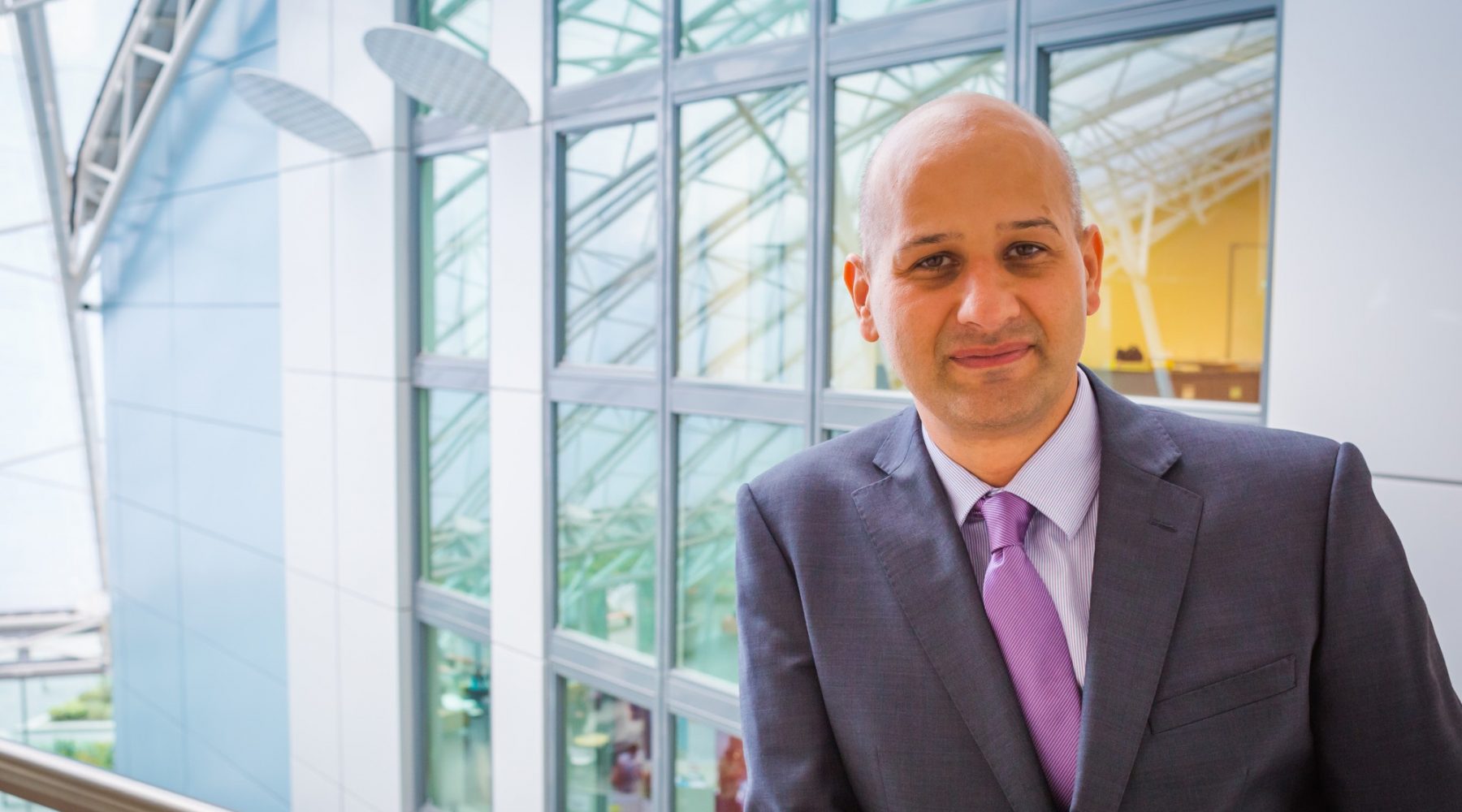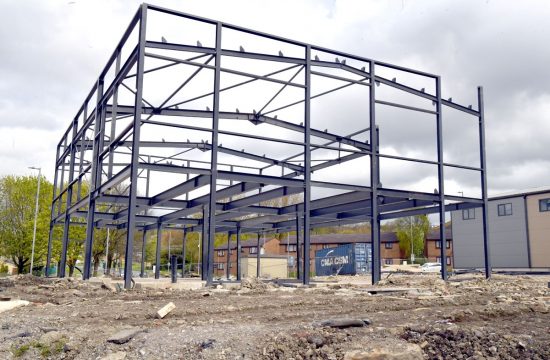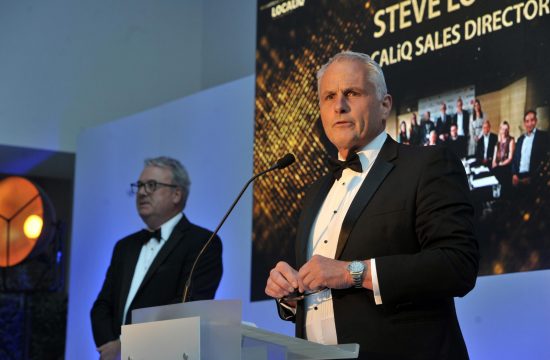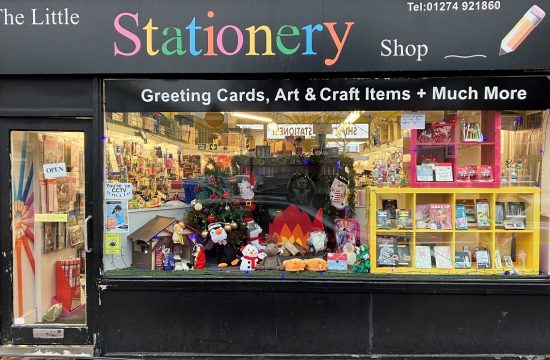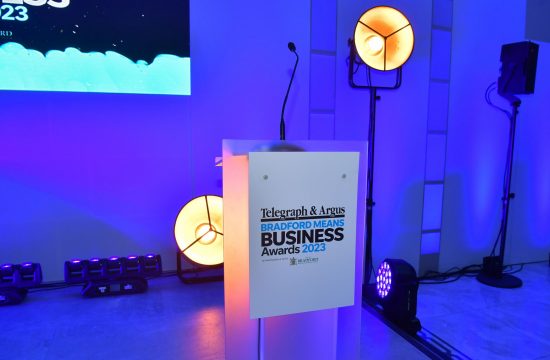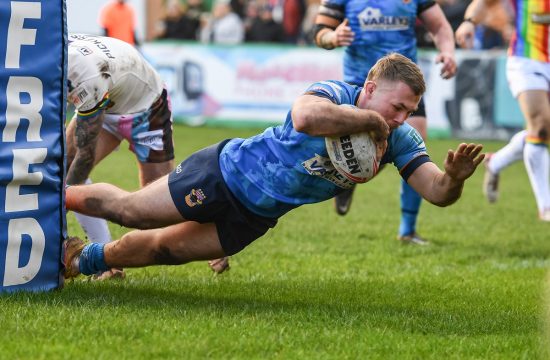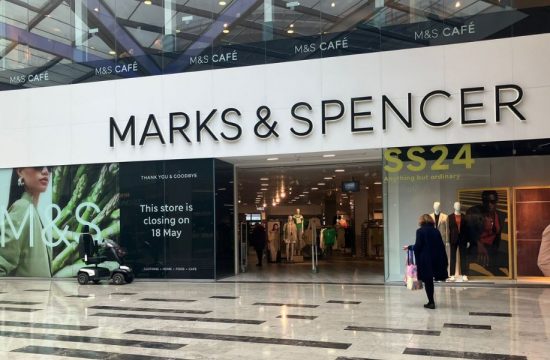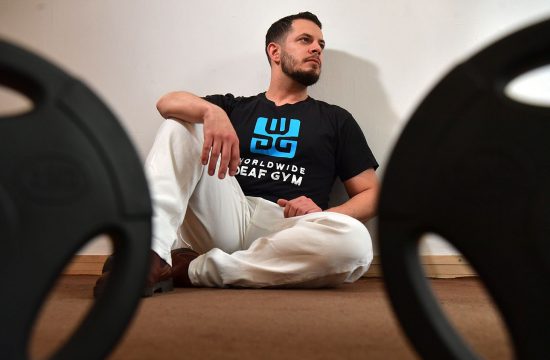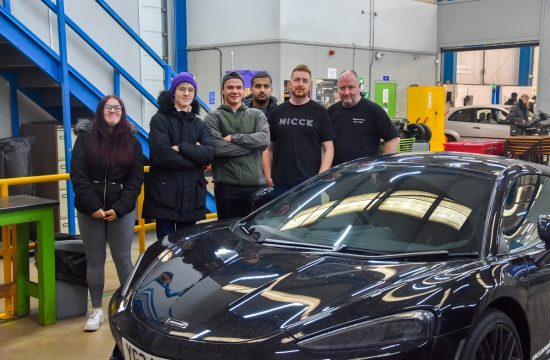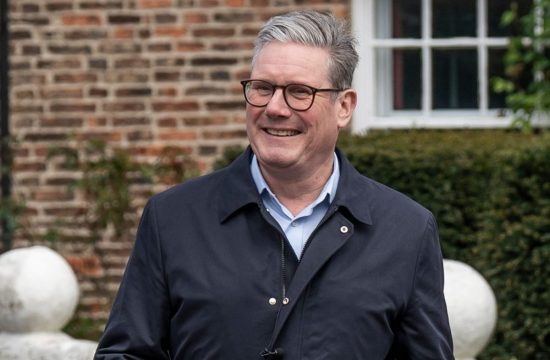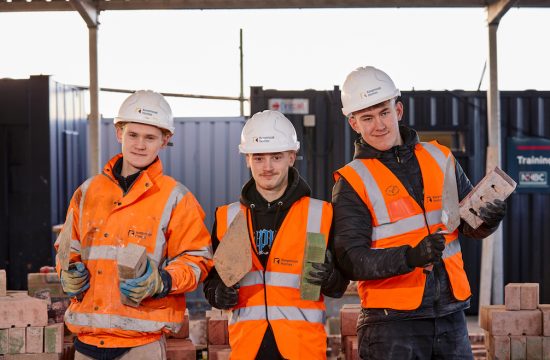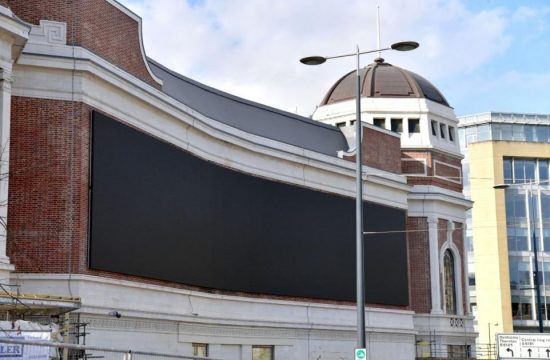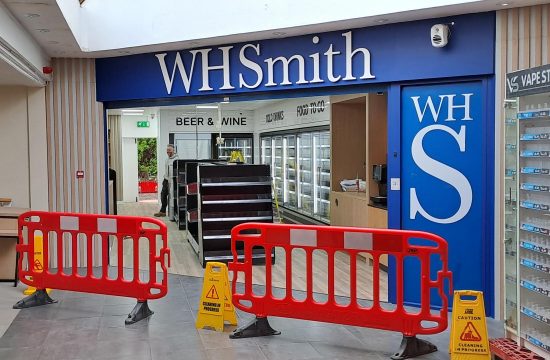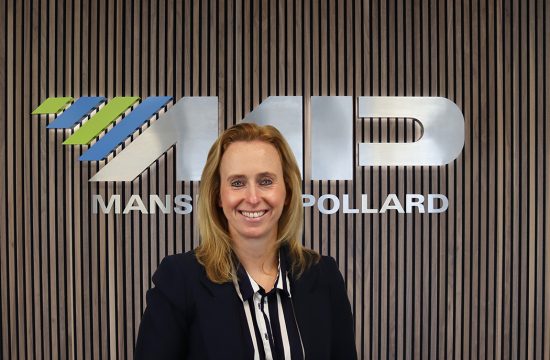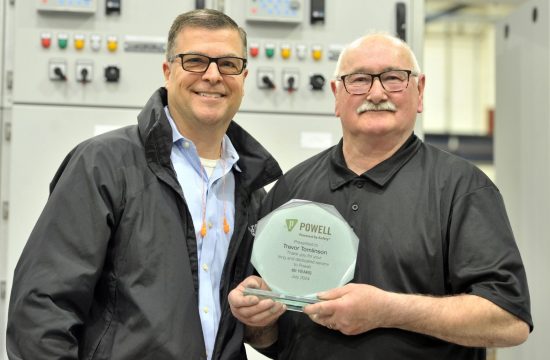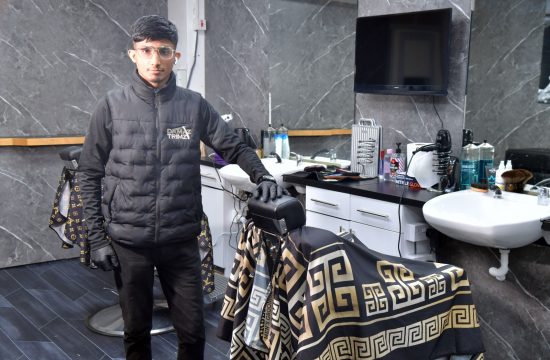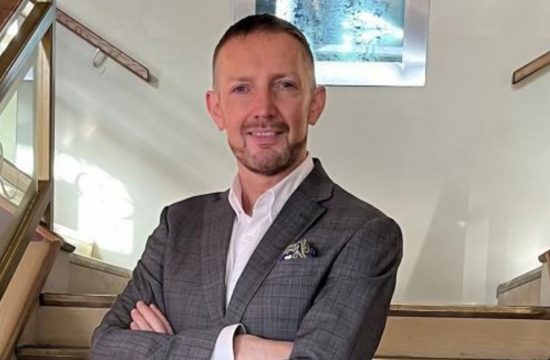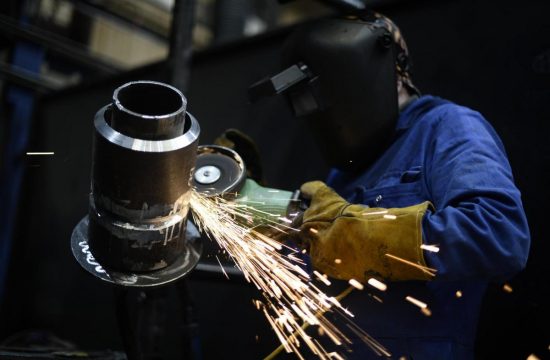The Covid-19 crisis has presented challenges that have been unlike anything any of us have had to deal with before.
By Damian Holmes
Its impact across the board has been devastating, with considerable loss of many lives, affecting people’s physical and mental wellbeing and taking away personal liberties. The challenge now is for everyone; how we begin to recover and start moving forward in the same direction as a community.
To tackle the unprecedented challenges faced, the Bradford district has taken a very different approach in the formation of its recovery strategy following Covid-19.
The Bradford Economic Recovery Board was set up by the Bradford Council to create a plan to co-ordinate the district’s efforts, and to challenge itself. Professor Zahir Irani, Deputy Vice-Chancellor at the University of Bradford was chosen to chair the board.
He is clear that the plan was about far more than going back to the norm. “Normal was just not good enough. We were clear that we needed to revisit our ambitions – the tone, speed and direction of travel was to be the focus of the new board.”
Prof Irani was in no doubt that the sheer magnitude of the crisis meant a completely different approach to the monumental task of beginning to rebuild the economy was needed.
“The Bradford District Council took the decision to take a different approach, and it turned to someone like me, a seasoned senior academic with diverse cultural and business experience” said Professor Irani.
“I’m a senior academic at the university, but I do have a strong business background, having been Dean of Busines Schools for many years in Bradford and in London, consulted for many small and large companies and, I’ve also worked for central government in the Cabinet Office. So, I do understand the working of government and businesses alike.
“The fact that we took a different approach played to the ambition the Council had, which was getting in somebody fresh, whom wasn’t part of the business scene in Bradford, an academic with strong civic values, seniority, solution and delivery focused and, a business understanding but works within a structure of methodology. The choice of me was a step change with an expectation of getting something quite different.”
Born in the North West, Prof Irani has enjoyed a long and successful career in academia, combining wide-ranging research interests, consulting work for industry and overseas governments and senior management roles including head of an award-winning business school.
He was seconded to the Cabinet Office and served as a senior policy advisor in the heart of the Coalition UK Government.
Prof Irani joined the University of Bradford in 2016 and has been founding dean at the faculty of management, law and social sciences before being appointed Pro-Vice Chancellor with responsibility for academic, innovation and quality, in 2019 before later being appointed Deputy Vice-Chancellor in 2020.
Under his leadership, one of the key tasks the Recovery Board has taken on is to create a new Economic Strategy that reflects the work that needs to be done over the next five years to ensure the district has the right tools and structures to enable it to firstly get back on its feet economically – and then, hopefully, to thrive. He says its critical to ensure having the right people, in the right place, at the right time, doing the right thing, which in itself requires strategic thinking and planning.
The plan was unanimously accepted by Bradford Council at a meeting of the executive at the beginning of January, and within it, identifies five major opportunities for Bradford:
- Equipping its young and diverse population with skills and confidence to succeed;
- Supporting businesses to use new technologies and drive innovation;
- Leveraging its cultural assets and distinctive places to spur economic growth;
- Enabling all people to lead healthy and productive lives;
- Transitioning to a sustainable, resilient and connected economy.
Bradford Council will now work with its partners in the district, the city region and central government to maximise these opportunities to support residents and businesses. The plan focuses actions and investment on education and skills to develop human capital.
Prof Irani outlined the thinking processes that led to the new recovery strategy to Bradford Means Business.
“Covid has of course been profoundly difficult for all of us. The business recovery strategy has to recognise the effect it has had on our district,”
“People have lost lives, people have lost liberty, a lot of people have lost their livelihoods. What it has done is identify inequalities and a disproportionate impact to certain parts of our community. We’ve tried to factor that into our thinking.”
“We also recognised the strong links between healthy workforce and healthy economy.”
That thinking saw the board create four strands, or lenses, using the previous economic strategy as a starting point, whilst not forgetting the West Yorkshire Economic Recovery Plan.
Those lenses are skilled employees and employment, particularly in growing sectors; the green economy; business start-ups and entrepreneurship; and finally, culture and place (recognising the relationship between the city and towns across the district).
“The first one was skilled employees and employment in new and growing sectors. We were very careful in our approach because we wanted to upskill Bradford, but not just provide skills, but skills and employment in new sectors or those growing sectors that we wanted to develop as pace.
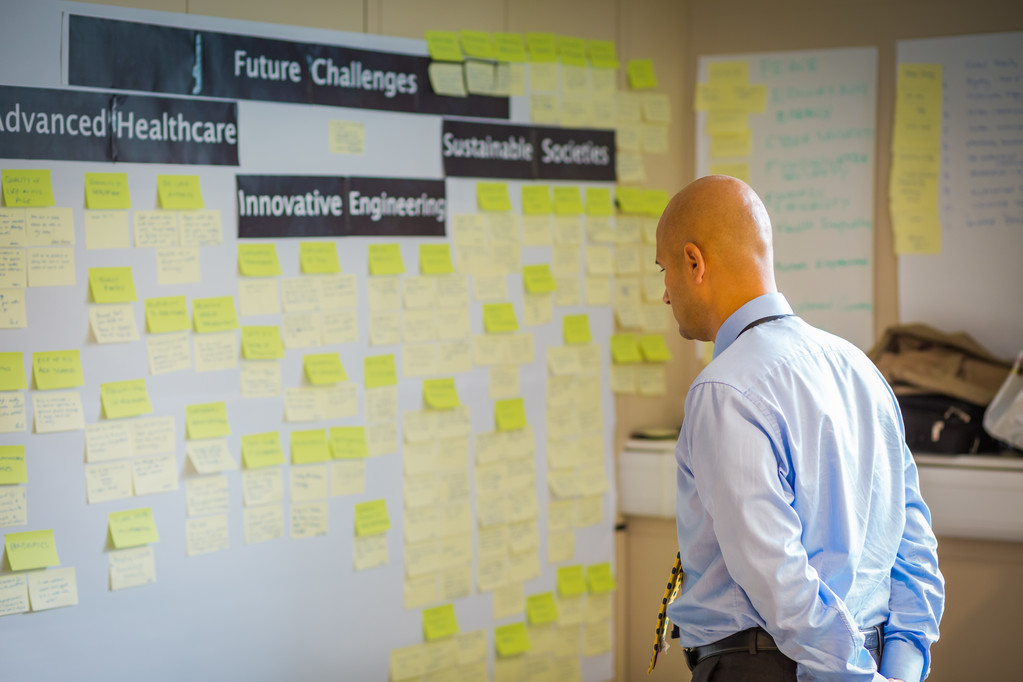
“The second area was the green economy, which was almost non-existent in the original strategy. We were fortunate in that we’d identified it as one of our lenses before Boris Johnson came up with his 10-point green plan in November 2020, so this added confidence that we are working in the right direction.
“But you don’t have to be a rocket scientist to work out what the green economy is going to mean for the globe.
“We’ve identified it in several areas. Net zero carbon – how do we decarbonize the Bradford economy? We know the whole philosophy of the circular economy is redesign, reuse, repair and reduce waste, so that was an integral part of our collective thinking. Then you’ve got responsible consumption, not only in terms of how you and I eat and consume, but also the impact on the supply chain – we’ve got a big farming and rural community across our beautiful district.
“You’ve got clean energy, which links back to skilled employment. If we want Bradford to be one of the big leading economies pushing the circular economy and green economic message – let’s say we seek funds from central Government to reduce our carbon emissions and go for, say, promote a solar panelling campaign – then you have to make sure if you get it, you’ve also got the skilled people to climb up on your roof and install it. It’s starting to connect these things together, so you’ve got the right people in the right place with the right skills at the right time.”
The third area is business start-ups and entrepreneurship. Prof Irani said: “We know Bradford has got this start up culture, we know there is a great deal of energy for that, and we also know there is a correlation between business start-ups in a recessionary climate.
“We saw that in the first lockdown; there was a significant increase in the number of start-ups, a significant increase in the amount of business registrations, a significant increase in business bank accounts opened.
“I want people coming to Bradford because we have a conducive culture and environment to support business development, start-up and growth, that we see inward investment as not just someone coming in with cash to invest but bringing people into Bradford with the right ideas and, to culturally enrich our community and, be enriched.
“For me, inward investment is as much about intellect as it is about pound notes, which is perhaps a bit different to how it’s been seen in the past. I want Bradford to be the destination of choice for someone sat in the South thinking I want to go somewhere that will be receptive to my ideas, somewhere I’m going to get that level of inclusive support, whether it’s around business start-ups and cash flow, or marketing, that networking that mentoring that I think is often so missing from business start-up communities.”
The final strand is around culture and place. Professor Irani stressed that Bradford is fantastic in many ways but needs clarity for the distinctive character of its districts and towns. “We need a collective district-wide vision of ‘Place’ – projecting an image of the district as an excellent place to live, work and visit,” he said..
“Bradford is more than the city centre; we’ve got some fantastic towns around the district. We know Covid is going to change the way people commute, the way they go to work, and we want the Bradford pound to be multiplied and be worth more than it is. We need to be clear what that distinguishing offer is for our towns and cities.
“I have no problem in saying that I want to exercise appropriate localism. We want people to spend money in Bradford, we want people to bring their money here, we want people to bring their ideas, while recognising there will be a changing role for our high streets.
“We’ve got some fantastic architecture. How do we leverage our architectural assets and green spaces? We know we’ve got creative excellence; the first city of film, a national museum, how do we leverage all these assets and connect place with culture?
“Bradford needs to be seen as more than a good destination for a curry, which I love by the way. We need to have greater ambitions by connecting culture and place, and I think the way we do it is by having a distinctive offer for our city centre and for our towns. Places like Ilkley, Shipley, Haworth; we’ve got fantastic assets around the area.”
Once they had the lenses in place, the next step for the recovery board was to try to deconstruct then reconstruct the strategy around them.
This has involved looking at what would be classed as immediate relief, what is part of the longer-term recovery programme, and what can be considered building resilience.
“We need to work out what our most immediate things that are relief, that we can get out and do now, that are not going to cost a lot of money,” he said.
“Then we look at the things that fit into the recovery and broader resilience idea that may require funding from things like devolution funds, from central Government.
“And we are confident we’ve created this transformational agenda that is our recovery strategy. Capability will be developed through skills and innovation and hopefully that will bring capacity to repair this damaged economy and support new and growing sectors.”
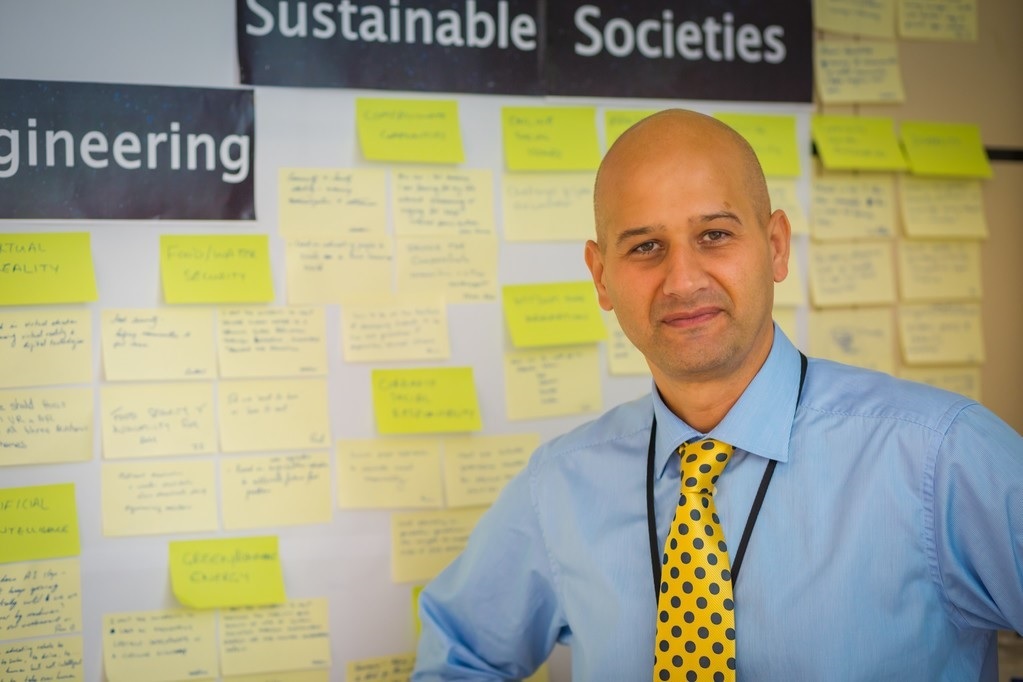
Professor Irani stressed his belief that there is a strong link between a healthy population and a strong, growing sustainable economy that protects the future.
“Everybody that I’ve engaged with as part of this ambitious project has got a great ambition to increase economic competitiveness and tackle intergenerational inequalities and I believe we can do that by promoting and celebrating equality, diversity and inclusiveness, and I see those as really important strands of this strategy,” he said.
In terms of the timescale, he said: “We are pivoting within strategy between transactional – the here and now – and the transformational, which is going to require a significant amount of investment whether from the LEP, devolution funds, or central Government.
“The timeline is going to be varied. What we’ve done is recognise the things we can do here and now, but also recognise other things are going to take a slightly longer timeline.
Cllr Susan Hinchcliffe, Leader of Bradford Council, said: “We would like to thank Professor Zahir Irani and board members for their hard work and commitment to this agenda.
“Our Economic Recovery Plan takes account of the profound changes in the public health and economic context and sets out the actions we need to take to recover the economic progress we were making before COVID-19.
“We want to inspire collaborative action and leverage support from the business community and other stakeholders and establish a clear business case for further government and private sector investment across our district. This will enable Bradford to play an important role in helping Britain to build back better.”
Professor Irani said: “We believe the current economic crisis can be repurposed. By supporting changes to the economy and encouraging new ways of working and living, we have an opportunity to position Bradford better and deliver great health outcomes and wellbeing for all.
“Our ability to do this is helped by the big change in political attitudes we have seen since COVID-19 with bolder economic and social strategies dominating policy debates around the world. The pandemic is our chance to reset our economy to create a healthier, more equitable and more sustainable future for all.”
In 2020, Professor Irani was named by the Sunday Times as a leading Bradford influencer. It’s clear that his influence is going to be felt over the next five years, and beyond, as a result of his re-visioning and shaping of the Bradford economy.



